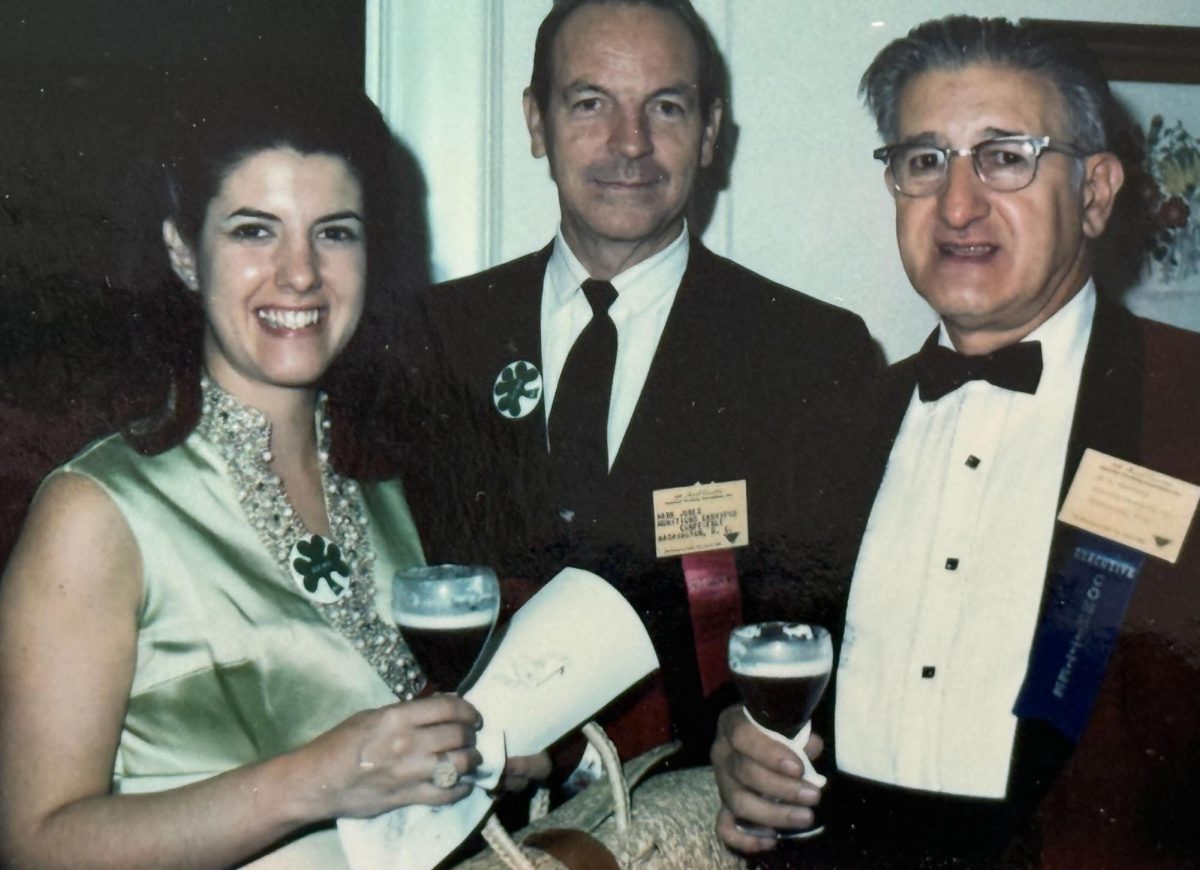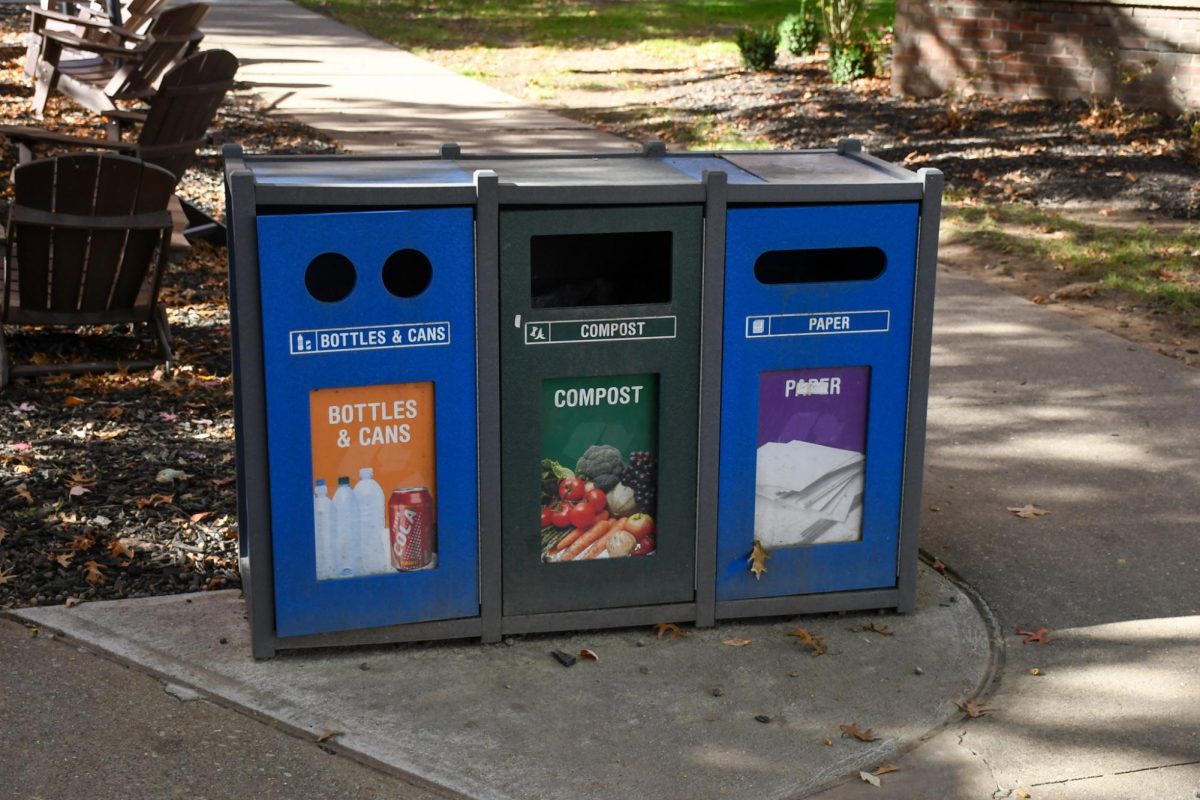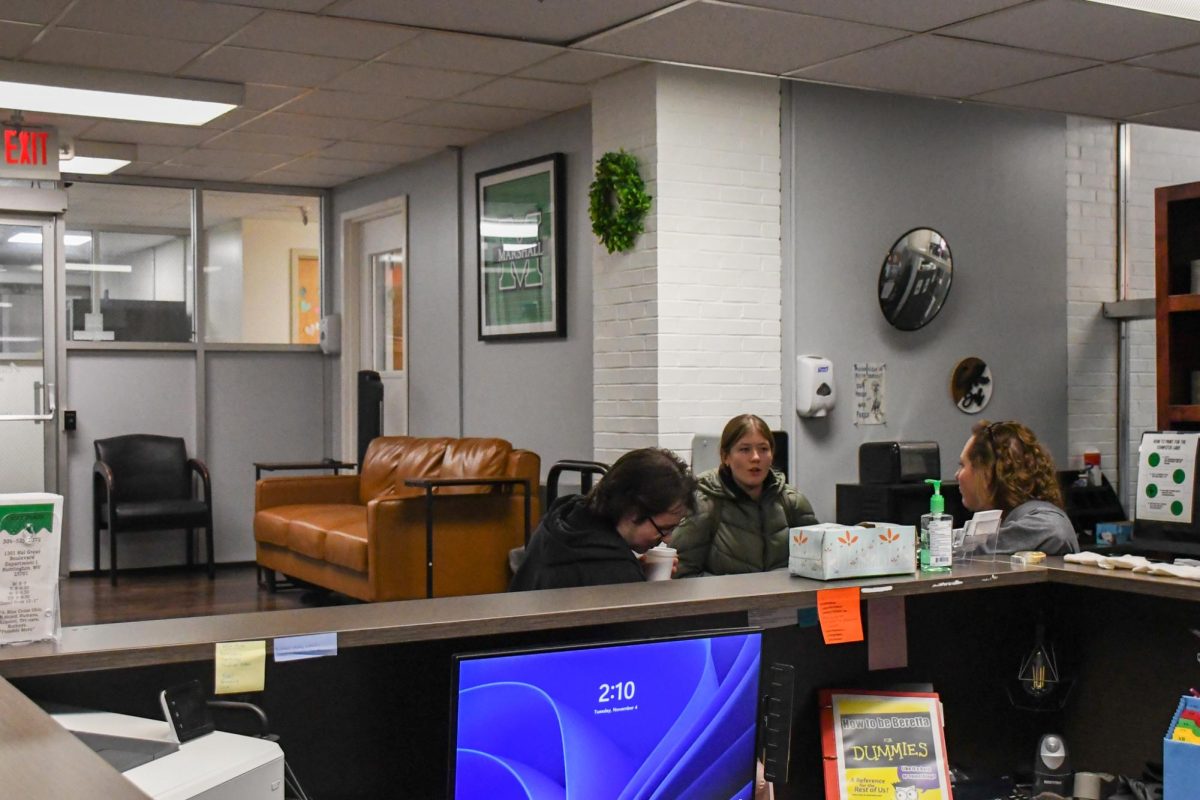The human body is a source of energy which will shut down if not recharged a nursing professor told students on Monday, March 4, at the School of Nursing’s stress reduction event.
“Your body is kind of like a battery or even a gas tank,” Dr. Tammy Minor said. “So, when you have gas, you’re fully charged – your battery’s charged – and, then, when you’re just so tired, it gets low, and, so, you need to get it recharged.”
In order to help recharge students’ batteries, Minor and nursing professor Dr. Matt Brown will host a “Better Manage Stressful Emotions” session each Monday until April 1 in Prichard Hall 401.
After noticing a substantial amount of students dealing with burnout and anxiety, Minor and Brown applied for a grant to improve mental health on campus. They also obtained their certification in HeartMath, a program which they utilize for the sessions.
A clinically proven method, the pair explained HeartMath incorporates heart-focused exercises and techniques into daily life to reduce stressors and restore energy.
“Your heart responds to your brain, but your brain continuously responds to your heart,” Minor said. “So, we want to strengthen that heart-brain connection through the use of HeartMath.”
One of the primary benefits of the program is that it builds resilience, Brown said.
“HeartMath actually strengthens your heart and allows your heart to become more resilient to life’s stresses,” he said.
Explaining how the goal is to not reach the body’s breakdown period, Brown said, “What we’re trying to do is incorporate a sustained performance level.”
“We want the maximum period of efficiency to be longer than 10 days,” he said. “We want it to be somewhere between the 10-to-40 day range – that means the long-term.”
Building resilience involves having physical, emotional, mental and spiritual flexibility, Minor said.




















